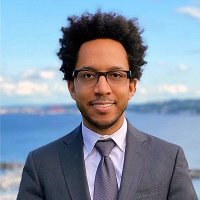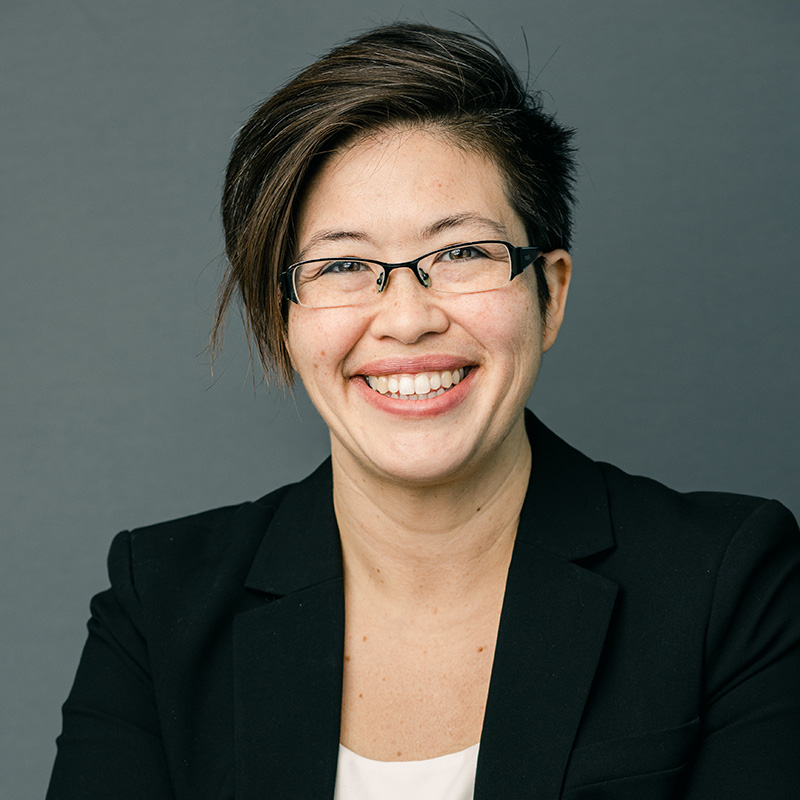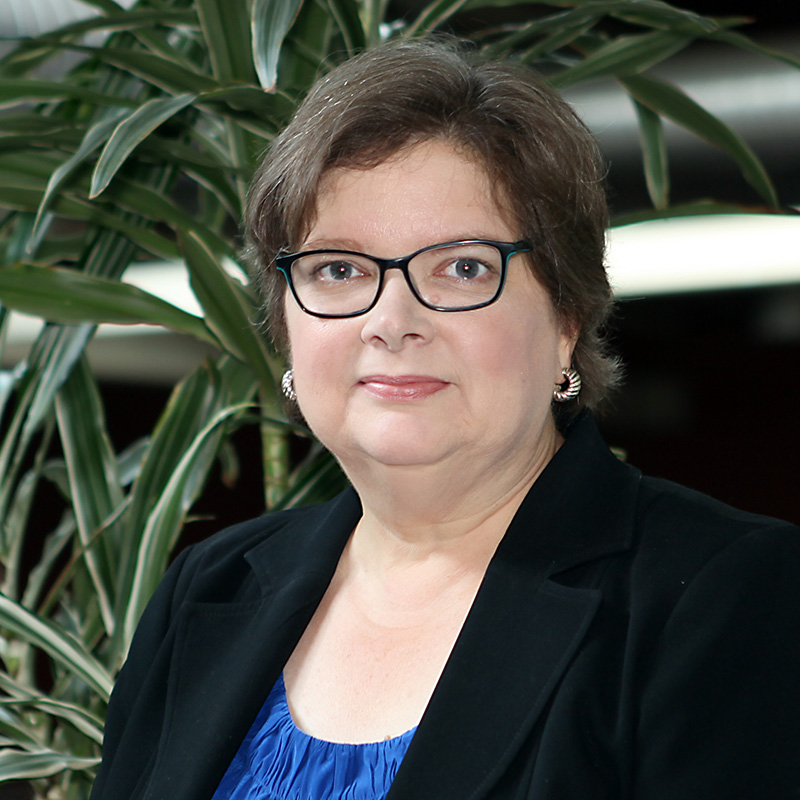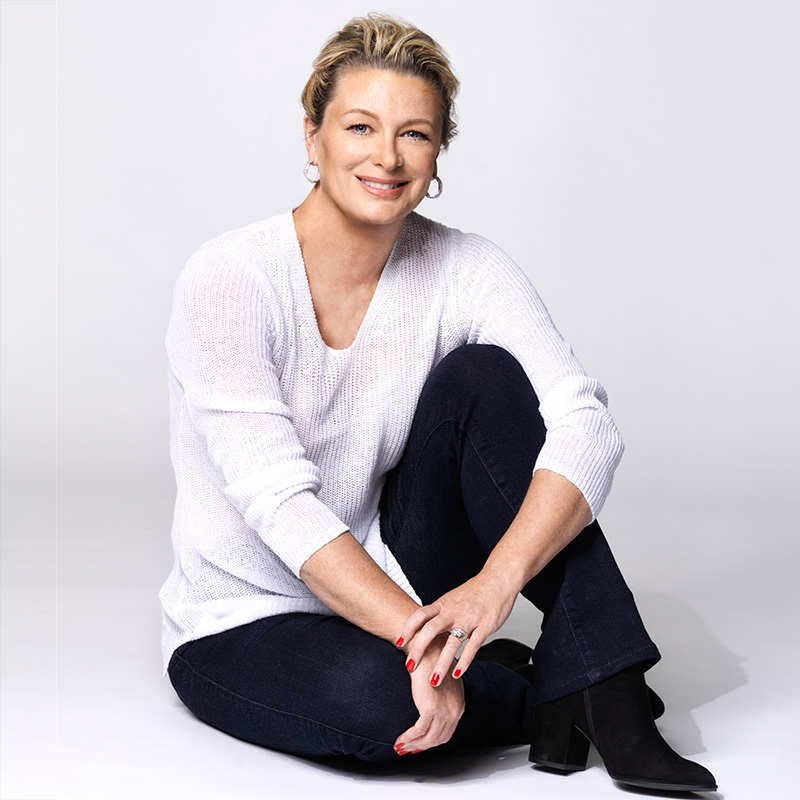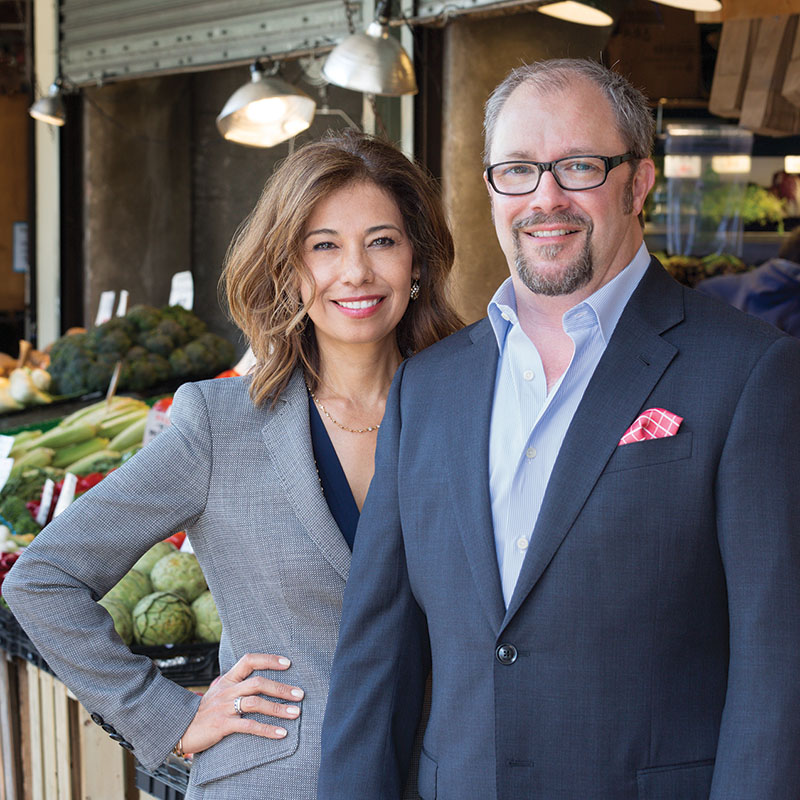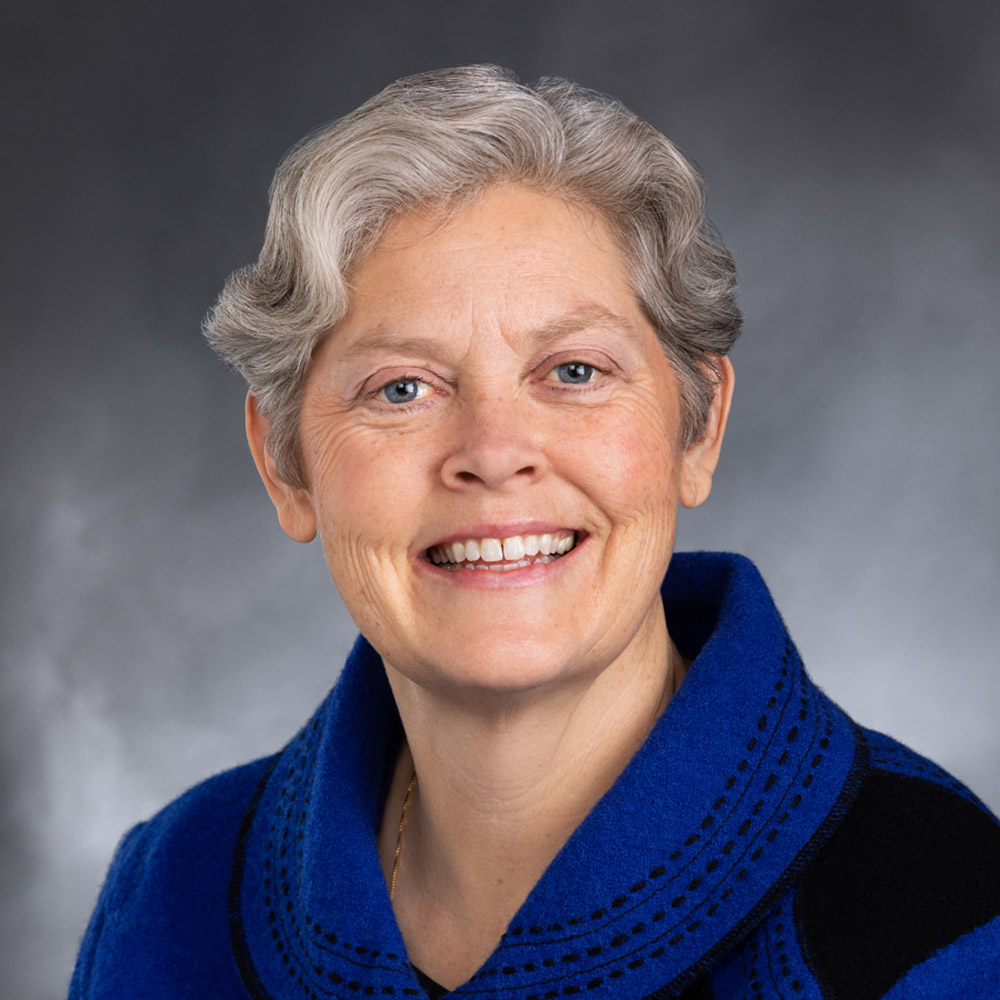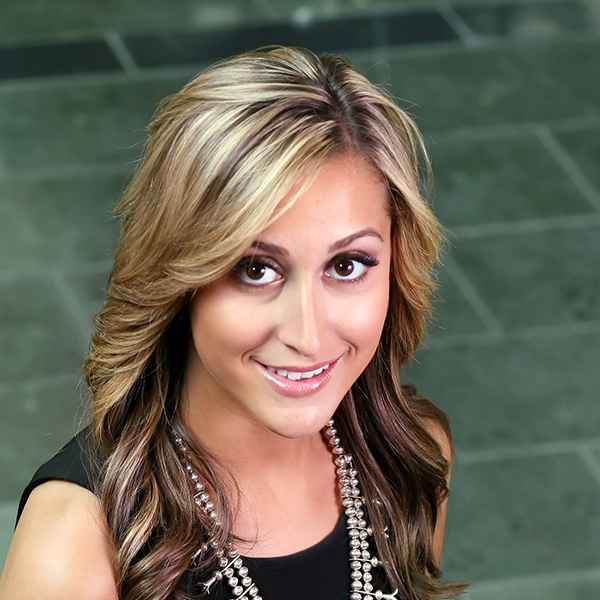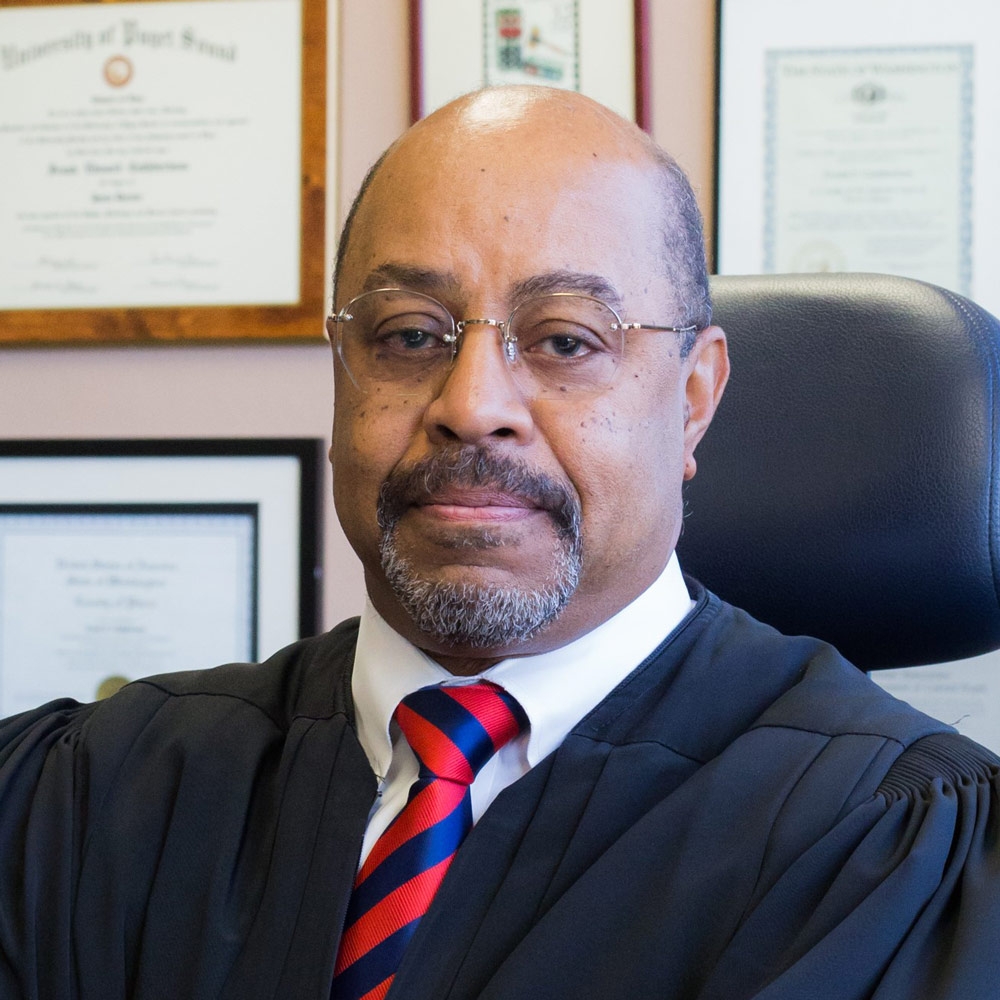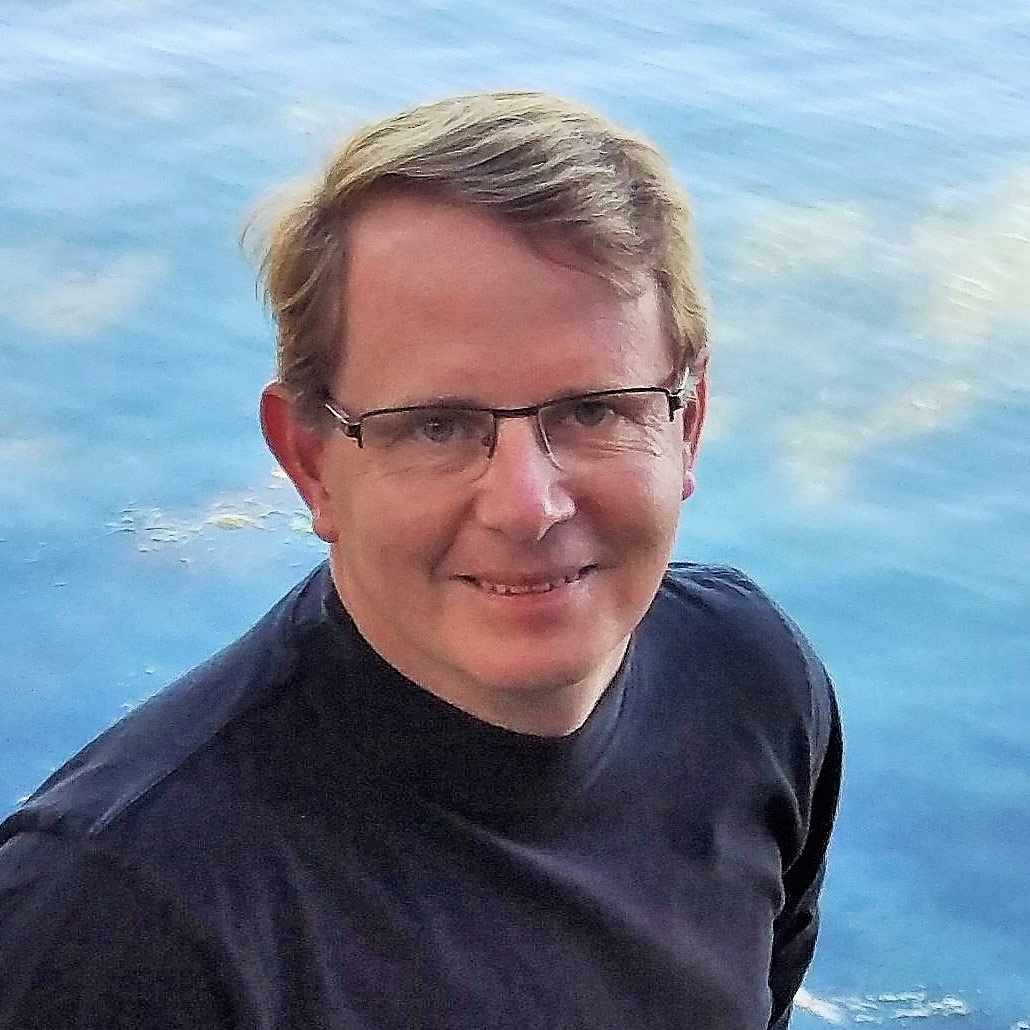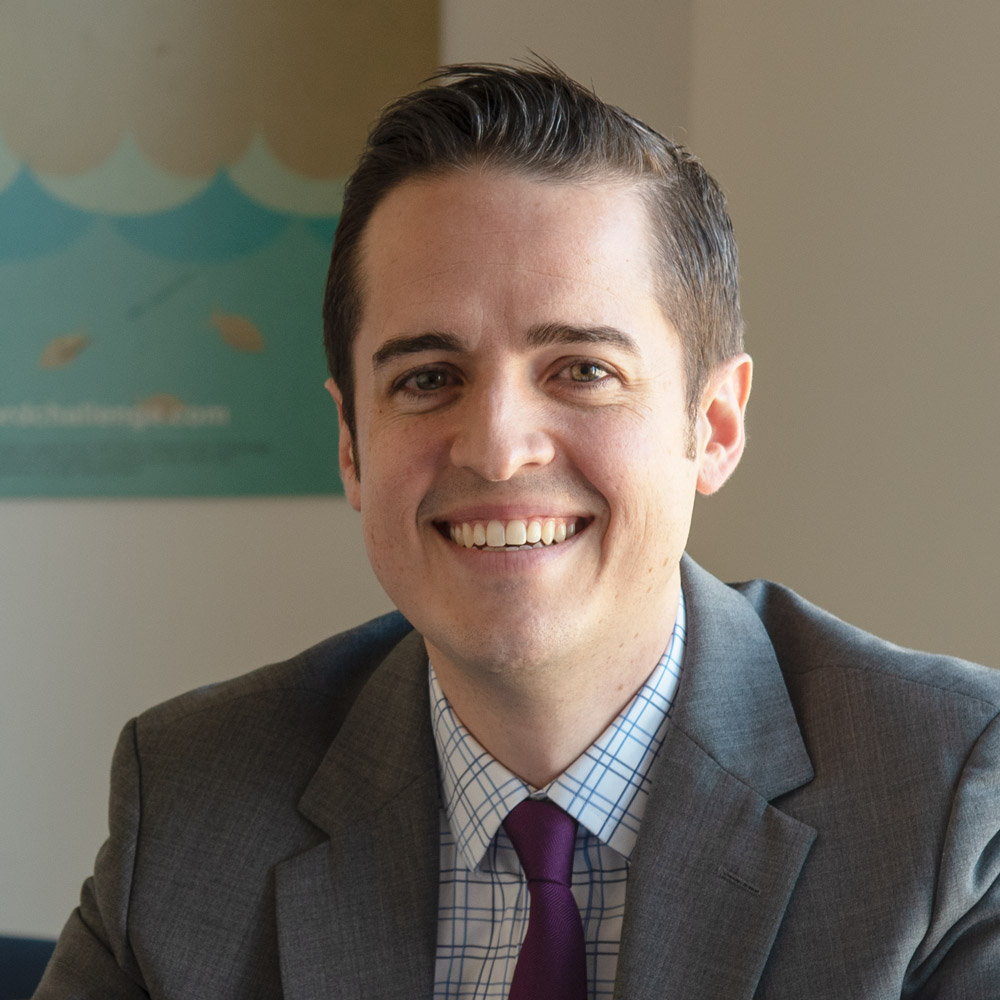
Our Law School's Impact
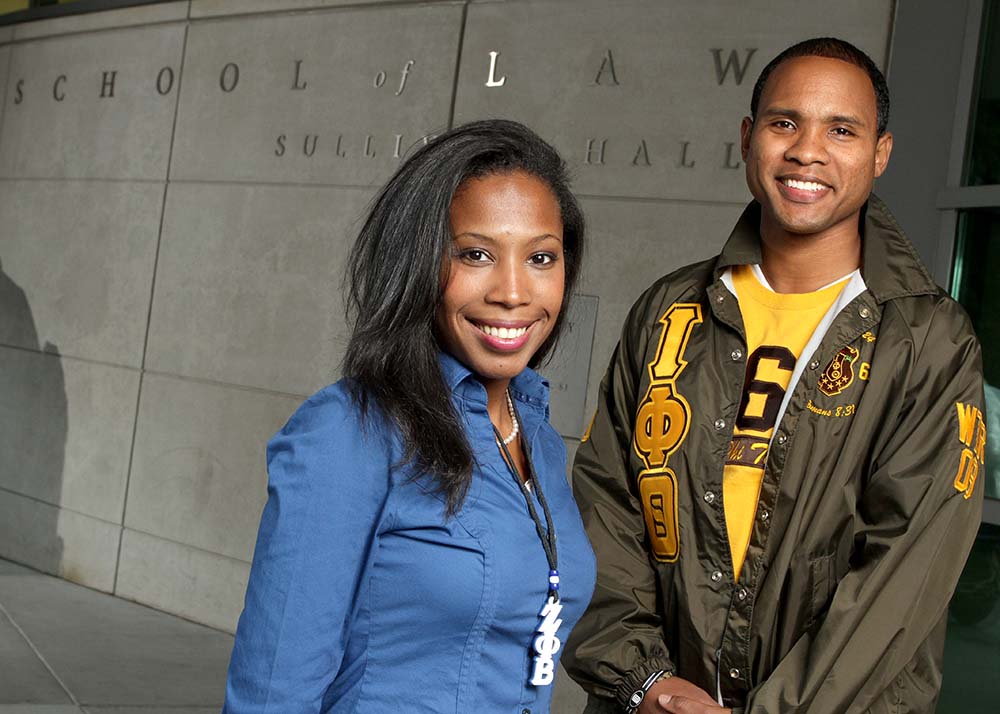
Diversifying the legal profession
- One of the most diverse law schools in the nation
- 2025 Incoming Class:
- 39% Black, Indigenous, and People of Color (BIPOC)
- 25% First Generation College Students
- 28% LGBTQ+
- The Gregoire Fellows Program provides scholarships, stipends, mentoring support, and clerkships for two students each year to help support diversity in the legal profession.
See Diversity, Equity and Inclusion for more information.
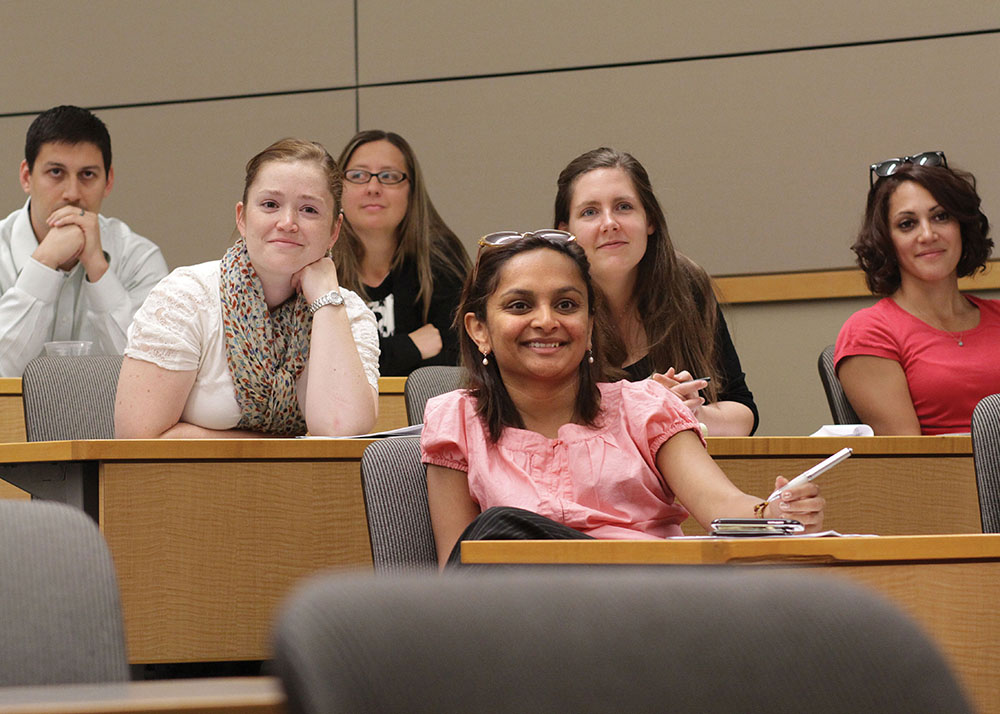
Making a legal education more accessible
- Our acclaimed Access Admission Program provides a pathway to law school and legal careers for students from historically disadvantaged and underrepresented communities.
- Full Circle Scholarship — one of first of its kind in the nation – helps formerly incarcerated students become lawyers.
- Flex JD, our new hybrid-online part-time JD program, makes it possible for students with work and family commitments to earn a law degree and enter the legal profession.
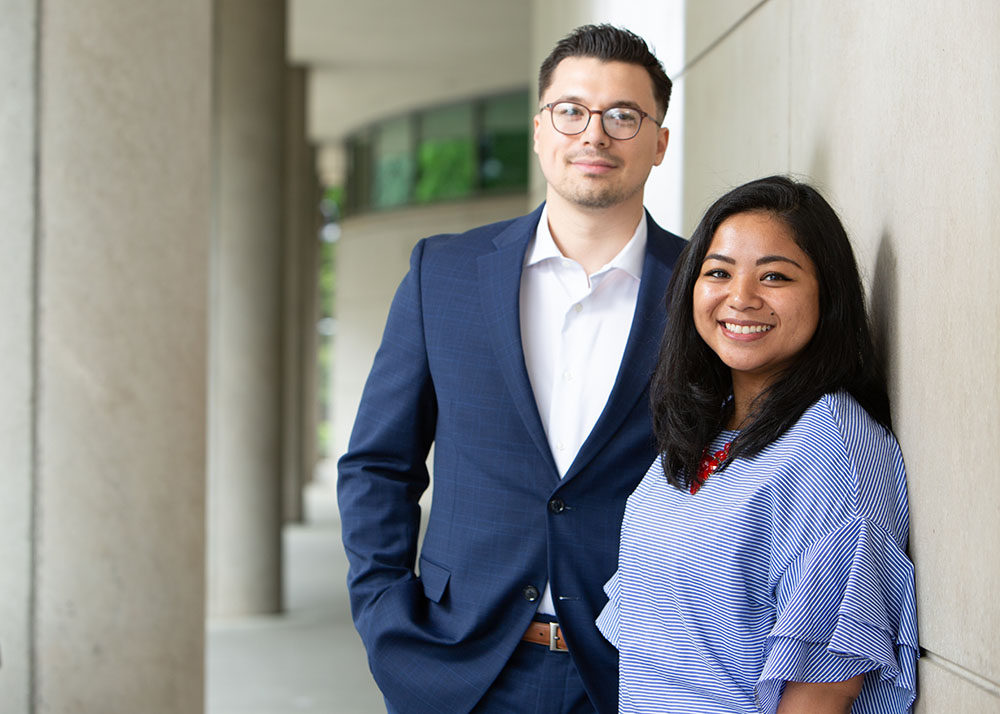
Raising the bar for legal education
2025 U.S. News & World Report Rankings
#1 in the Pacific Northwest
- Part-Time JD
- Clinical Training
#1 in Washington State
- Legal Writing
- Dispute Resolution
- Most Grads in Public Interest Law (tied)
Nationally:
- #6 Legal Writing Program
- #16 Part-time JD Program
- #27 Most Grads in Public Interest Law
- #31 Clinical Training Program
- Highest Peer Academic Rating Ever
Our Faculty's Impact
Under the direction of faculty directors, Seattle U Law’s centers explore critical legal issues in society and the economy.
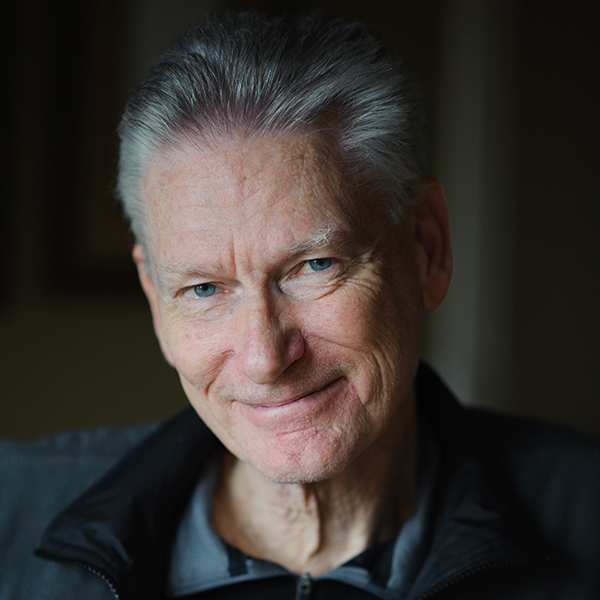
The Adolf A. Berle, Jr. Center on Corporations, Law & Society
Professor Charles R.T. O’Kelley’s Berle Center facilitates the study of corporations and the economic system. See Berle Center Marks 10 Years (PDF) in Lawyer Magazine, Spring 2020
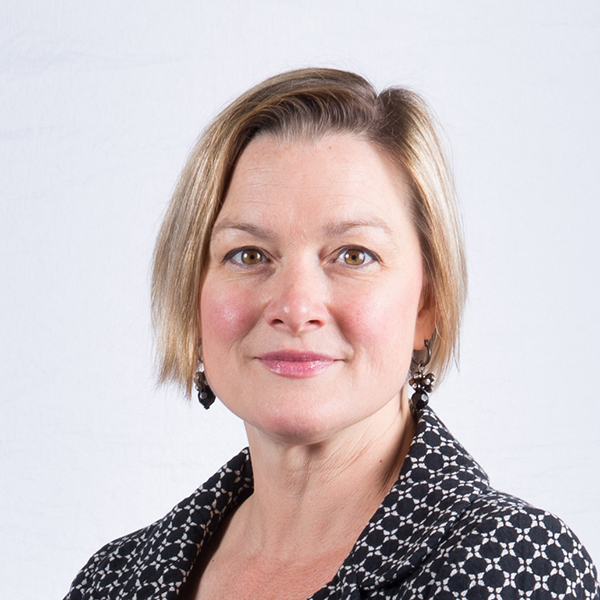
Homeless Rights Advocacy Project
Professor Sara Rankin and her students advance the rights of homeless individuals through the Homeless Rights Advocacy Project. See Poverty Warriors (PDF) in Lawyer Magazine, Fall 2018
Powerful scholarship to explain unprecedented times
The scholarship of Seattle University School of Law’s accomplished faculty goes to the heart of fundamental legal questions on important social justice issues of our day. Below are samples of their incisive analysis:
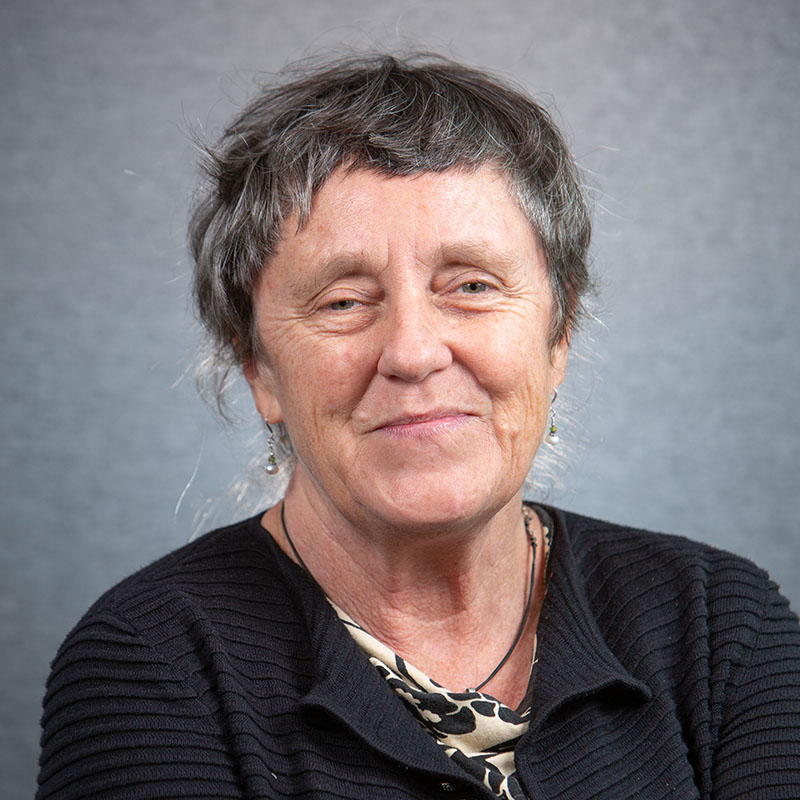
Externship pedagogy and practice
In recent years, dramatic changes in the use of technology in law practice and recognition of the impact of bias on the justice system have influenced legal education, including externship courses. While there are a number of excellent books on how to design and teach in-house clinical courses, to date there is no comprehensive book on best practices for designing and teaching externship courses. This book fills that gap.
Gillian Dutton, Associate Professor of Lawyering Skills
Externship Pedagogy and Practice, Carolina Academic Press (2023).

Reforming the Robinson-Patman Act
The flaws in the Robinson-Patman Act are well known. It protects competitors at the expense of consumers and rarely stops the buyer-induced discrimination it was meant to prevent. This article proposes reforms that would greatly reduce both problems and explains why adopting those reforms would be preferable to repealing the Act altogether.
John Kirkwood, Professor of Law
Reforming The Robinson-Patman Act, Competition Policy International (CPI) (2023).
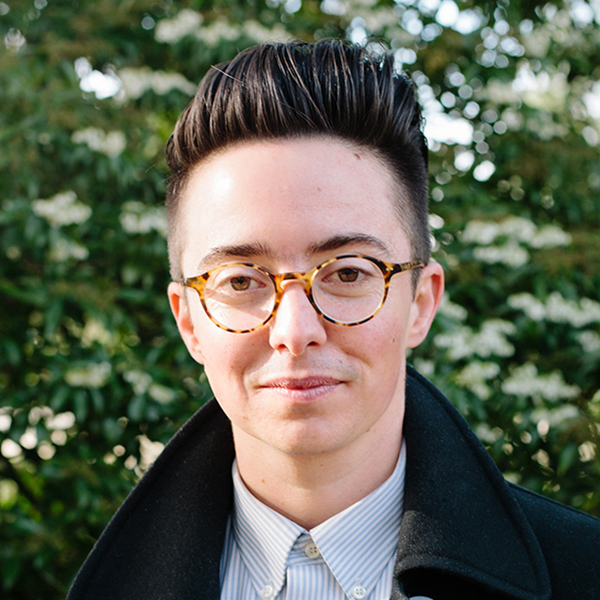
Mutual aid during crises
Around the globe, people are faced with a spiraling succession of crises. As governments fail to respond to each crisis, ordinary people are finding bold and innovative ways to share resources and support the vulnerable. Mutual aid — which is survival work when performed alongside social movement demands for transformative change — is a crucial part of powerful movements for social justice, and offers concrete tools for organizing.
Dean Spade, Professor of Law
Mutual Aid: Building Solidarity During This Crisis (And The Next) (Verso Press 2020).
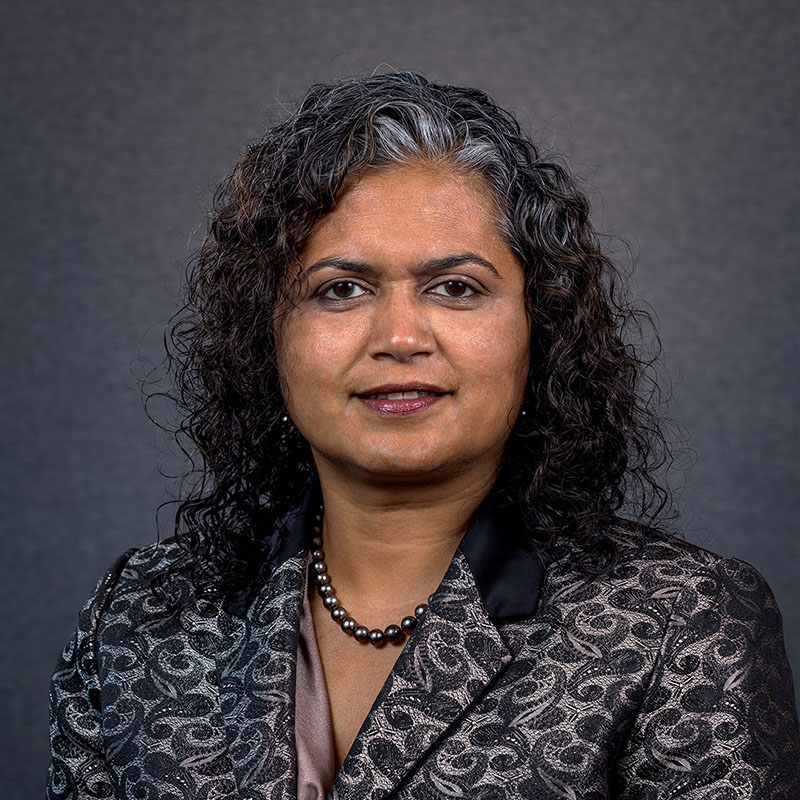
The future of reproductive rights
For comparative and international scholars, one striking feature about Dobbs v. Jackson Women’s Health Organization is that foreign law was used by the conservative justices in their majority opinion. If international and foreign law can be used to expand rights, it can also be used to retrench them. Dobbs underscores that judges and lawyers need to develop a principled framework for when and how to use foreign and international law sources.
Sital Kalantry, Associate Dean for International and Graduate Programs and Associate Professor of Law
Foreign Law in Dobbs: The Need for a Principled Framework (ConLawNow, 2023)
See all > Faculty Scholarship on Digital Commons
Our Alumni's Impact
Numbering 11,000+ strong, our alumni fill crucial roles as attorneys, prosecutors, public defenders, judges, entrepreneurs, and many others in the Puget Sound region and around the globe.
Our alumni are using their legal education to bring positive change to our communities. Learn more about our accomplished alumni.
Alumni in Washington State
184

Attorneys in Attorney General's Office
180

County Prosecutors
665

Law firm partners / members*
269

Members of the judiciary^
22

County Public Defenders
*Excludes solo practitioners/managing partners, ^Past and present
Our Students’ Impact
- Last year, our law students pledged 4,586 pro bono hours to help low-income and underserved individuals with free legal assistance.
- Students in the Immigration Clinic — part of our Top 30 ranked Clinical Training Program — secured asylum for a Cuban immigrant (Lawyer Magazine, Fall 2019, p. 13)
- During the pandemic, our students helped victims of domestic violence complete legal forms to obtain protective orders from their abusers. Learn more >
Where our Class of 2021 graduates are using their legal education:
Law Firm
(solo to 501+ attorneys)
Government
Business and Industry
Judicial Clerkships
Public Interest
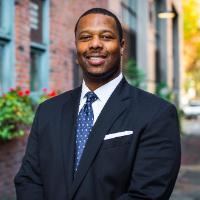
-200x200.jpg)

